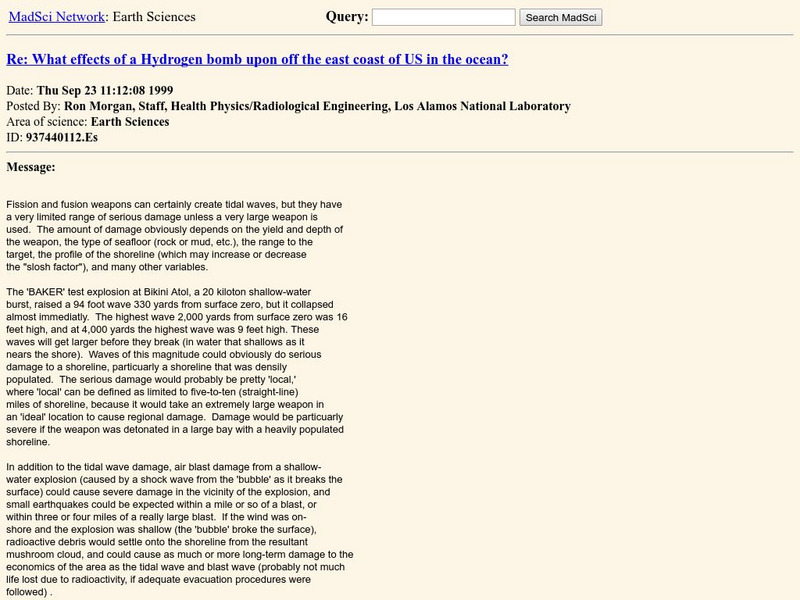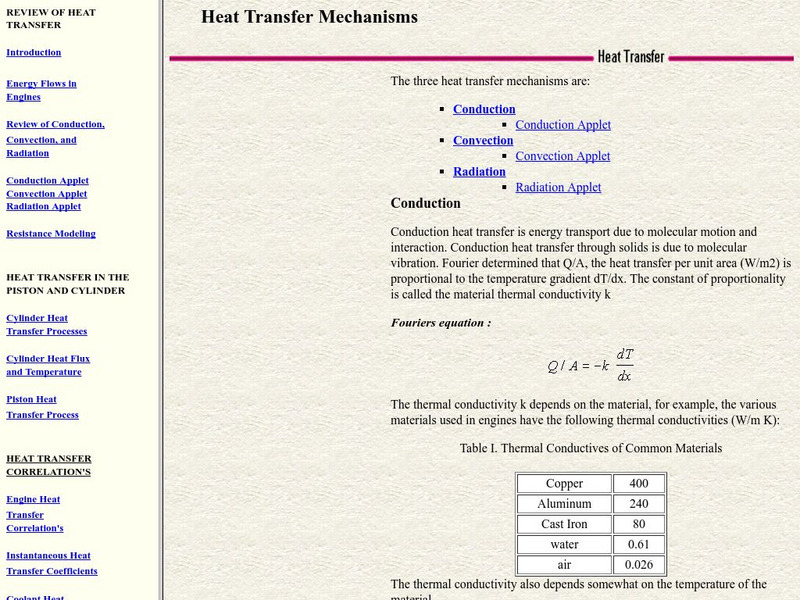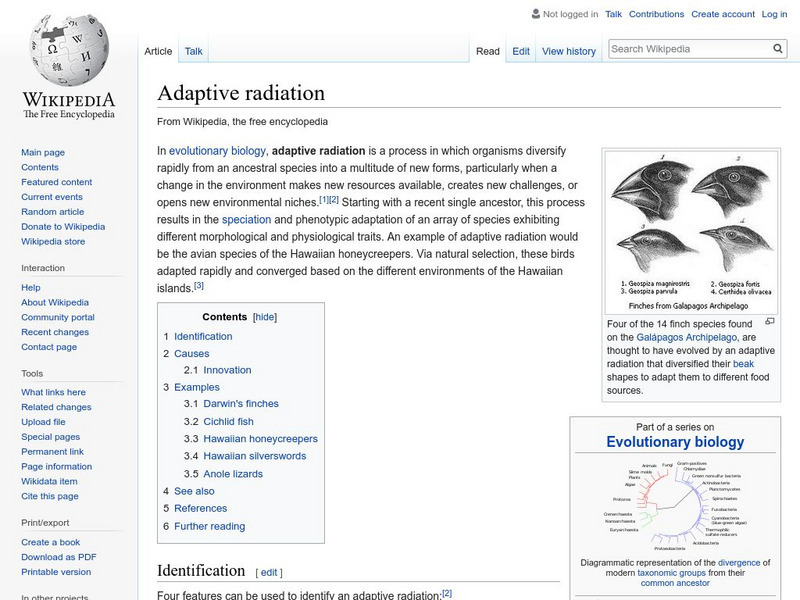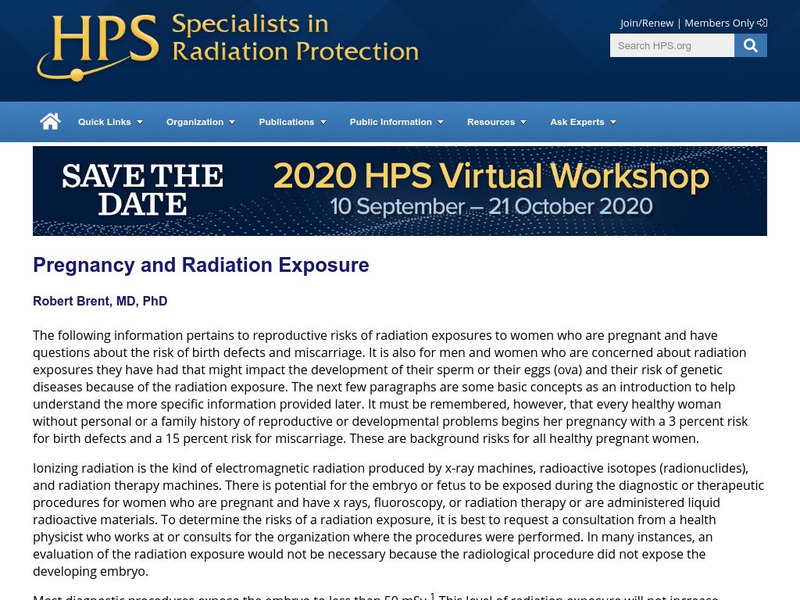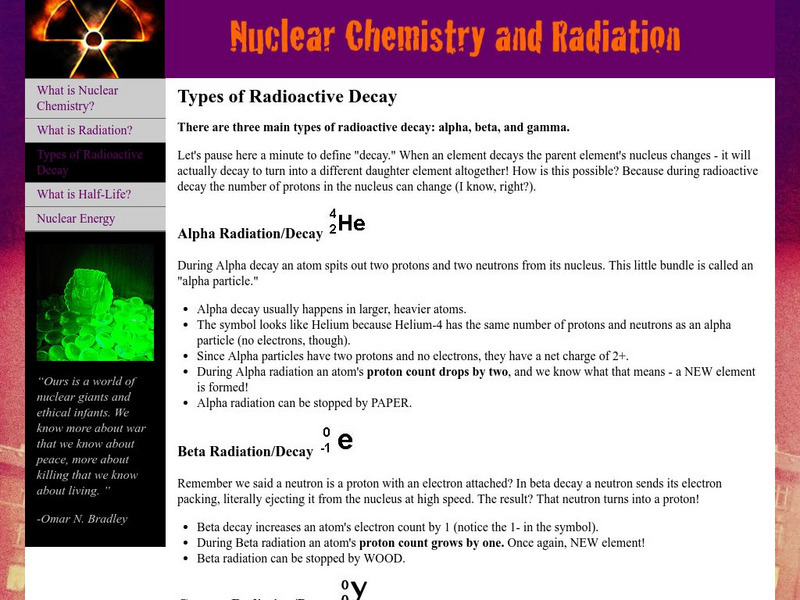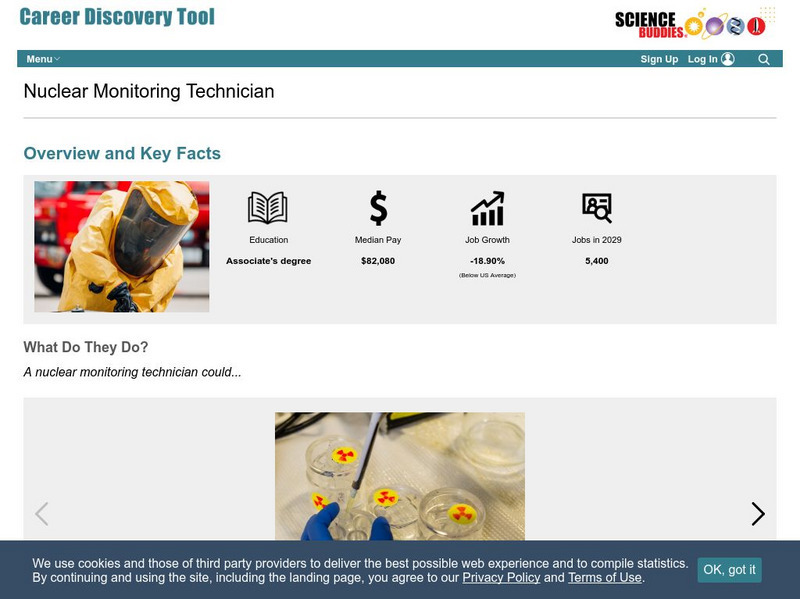Hi, what do you want to do?
MadSci Network
Msn: What Are the Effects of a Hydrogen Bomb?
From the Mad Scientist Network web site. Using a question and answer format, this page describes some potential effects of a nuclear explosion. The possibilities of tidal waves, earthquakes and radiation-related damages are discussed.
Society for Science and the Public
Science News for Students: Undercover Detectives
Describes how terahertz radiation, or T-rays, are used to detect hidden objects, including revealing a hidden painting, illegal materials in a piece of luggage, and defects on a space shuttle.
Climate Literacy
Clean: Earth's Albedo
This engaging activity introduces students to the concept of albedo and how it relates to Earth's energy balance. They measure the albedo using maps, data tables, and a shaker filled with popcorn kernels. Then, they estimate the Earth's...
Symmetry Magazine
Symmetry Magazine: Explain It in 60 Seconds: Scintillators
Scintillators are materials that can be used to detect the presence of radiation and of particles. This article gives a brief explanation of them.
Colorado State University
Colorado State University: Heat Transfer Mechanisms
An excellent page from the Colorado State University with a heavy mathematical emphasis. Each form of heat transfer--conduction, convection, and radiation--is defined, compared and contrasted. Mathematical equations governing the rates...
Famous Scientists
Famous Scientists: Gustav Kirchoff
Find out about the life and work of Gustav Kirchoff, who made contributions to the fundamental understanding of black-body radiation emitted by heated objects, spectroscopy, and electrical circuits.
Careers New Zealand
Kiwicareers: Radiation Oncologist
KiwiCareers offers a very informative site about the duties of an oncologist. Even though it was written for a New Zealand audience, the principles are the same.
Wikimedia
Wikipedia: Adaptive Radiation
This encyclopedia article from Wikipedia on adaptive radiation discusses what it is, lists some examples, and distinguishes between the three different types of adaptive radiation.
BBC
Bbc: Gcse Bitesize: Radiation Treatment
X-rays, gamma rays and beta particles are all used in medicine to treat internal organs. X-rays are produced by firing electrons at a metal target and gamma rays are emitted by the nucleus of radioactive atoms. Gamma rays are used to...
Boise State University
Boise State: Nuclear Chemistry and Radiation: Types of Radioactive Decay
This article with embedded videos provides information about three main types of radioactive decay: alpha, beta, and gamma.
Utah Education Network
Uen: Greenhouse Effect and Surface Radiation
Students will design a controlled experiment to demonstrate the greenhouse effect and the effect of different surfaces on light reflection.
Other
Simple Science: Hurricane Central
Learners investigate images of Hurricane Katrina as it moved through the Gulf of Mexico in August 2005. The resource has students examine images, infrared radiation, water vapor, and visible radiation to plot and measure the path of...
Wisc-Online
Wisc Online: Heat Transfer
Provided here is an extremely useful learning module that helps students explore three major methods of heat transfer. It also provides them with practice identifying each one.
NASA
Nasa: Los Misterios Del Cancer
One of the greatest dangers of space travel is the development of cancer through exposure to radiation in space. Scientists discuss studies of the development of cancer and its relation to this particular type of radiation.
Nobel Media AB
The Nobel Prize: The Nobel Prize in Physics 1918: Max Planck
Use this site to learn about the scientific work of physicist, Max Planck (1858-1947 CE), whose studies in radiation and light earned him the 1918 Nobel Prize in Physics. Read his Nobel Lecture, "The genesis and present state of...
Story Behind the Science
Story Behind the Science: Story of Cosmic Microwave Background [Pdf]
Article describing the history of the scientific research that led to the discovery of cosmic background radiation, which, according to the Big Bang Theory, is linked to the origin of the universe.
Science Buddies
Science Buddies: Career Profile: Nuclear Monitoring Technician
With the increasing use of nuclear technology in medicine, energy, and even agriculture, there is a need for monitoring radiation exposure. That is the job of the nuclear monitoring technician. Science Buddies offers a career profile...
NASA
Nasa: Cobe: Cosmic Background Explorer
The Cosmic Background Explorer, or COBE, satellite began its space mission in November of 1989. Its task was to measure radiation levels from the early stages of the universe. This site explains the mission goals, COBE's specialized...
National Cancer Institute at the National Institutes of Health
National Cancer Inst.: Uterine Cancer
Designed for patients with uterine sarcoma, this website discusses treatment options available. Here read about the stages and effects of this disease and how uterine sarcoma is diagnosed and treated through the use of medical...
Ready
Ready
Explore the Ready website for an overview of how families and businesses can prepare for emergencies, threats, and disasters by building kits, making plans, and staying informed. Find safety information about biological threats,...
TeachEngineering
Teach Engineering: Insulation Materials Investigation
Students test the insulation properties of different materials by timing how long it takes ice cubes to melt in the presence of various insulating materials. Students learn about the role that thermal insulation materials can play in...
Nobel Media AB
The Nobel Prize: Niels Bohr Biographical
The Nobel Foundation provides this site about Niels Bohr's contributions to the world of physics, specifically his "investigation of the structure of atoms and of the radiation emanating from them." This biography includes information on...
Concord Consortium
Concord Consortium: Molecular Workbench Showcase: Heat and Temperature
A tutorial that explores the concepts of heat and temperature, the transfer of energy between substances, the relationship of temperature and the movement of atom, and thermal radiation. The tutorial includes animations, interactive...
Other popular searches
- Adaptive Radiation
- Electromagnetic Radiation
- Infrared Radiation
- Radiation and Temperature
- Nuclear Radiation
- Sun's Radiation
- Gamma Radiation
- Radiation Budget
- Ceres Radiation Data
- Alpha Radiation
- Radiation and Radioactivity
- Radiation Poisoning





